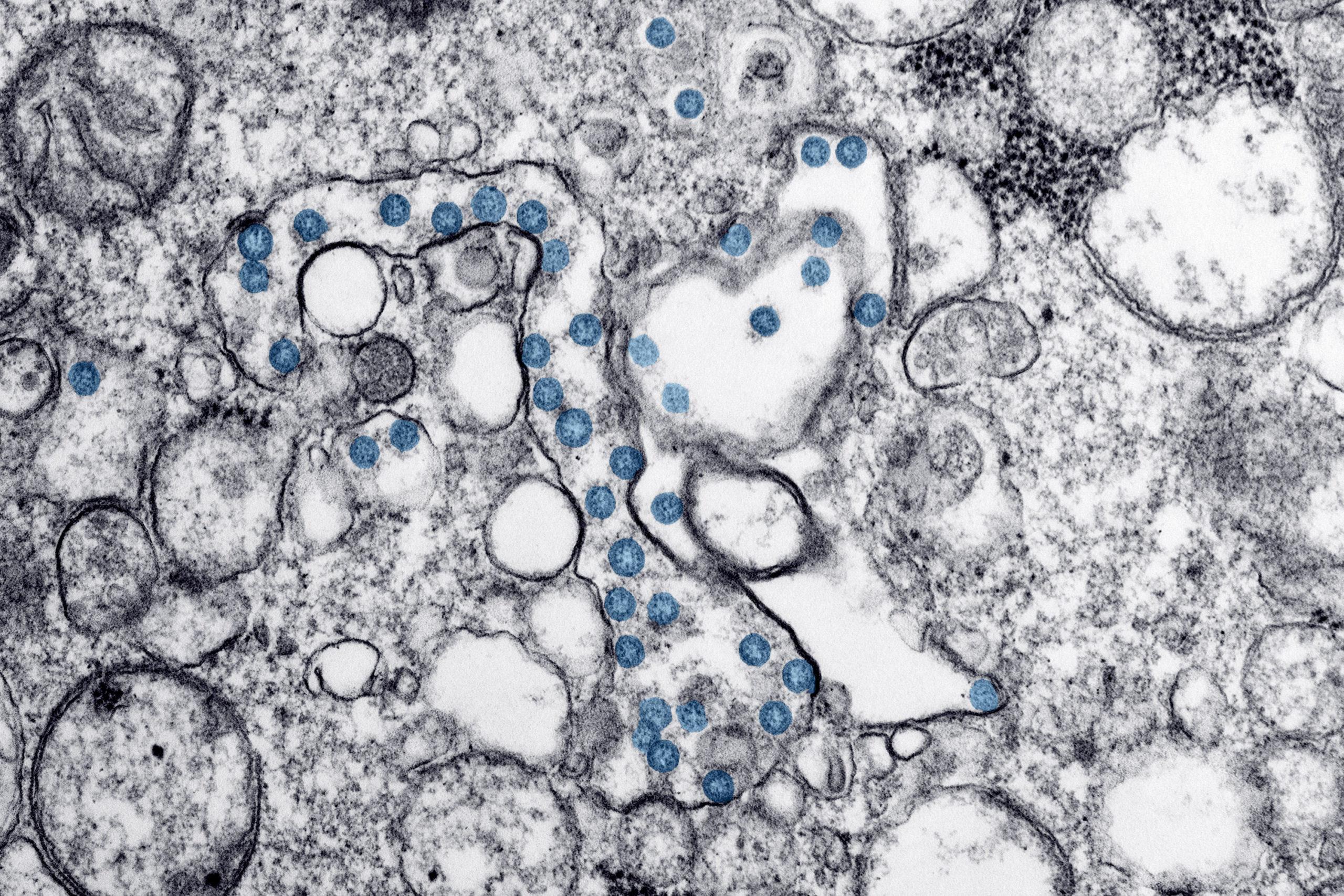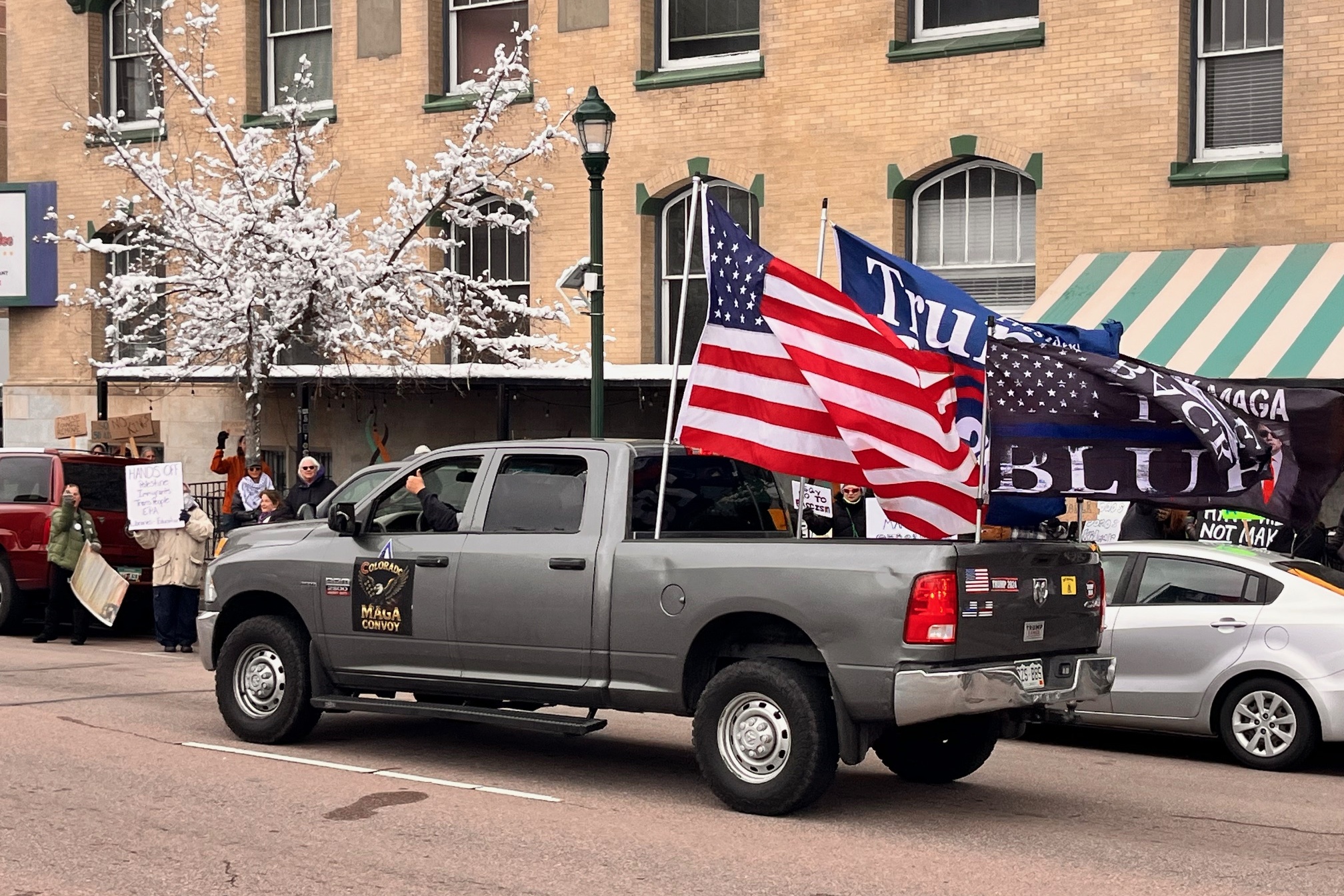
While Coloradans and much of the world are at home, self-isolating to slow down the spread of COVID-19, scientists are at work to create a vaccine.
Now, a Houston-based company with labs in Aurora said it has a vaccine candidate ready for animal testing.
"We're prepared to go into animal testing whenever we have the funding available," said John Price, president and CEO of Greffex Inc.
Greffex is looking for federal or investment funding for its vaccine candidate. The company has received National Institute of Allergy and Infectious Diseases funding for other vaccine projects.
Greffex is one of more than 35 companies and academic institutions working on possible vaccines. This week, human trials of a vaccine made by Moderna Inc. started in Seattle.
The World Health Organization said a vaccine could be ready in as little as 18-months — significantly shorter than the 10-15 years that many vaccines take, but that may still sound like a long time.
"You always want to go ahead and make a vaccine to a virus that is this deadly because guaranteed, we are going to see it again on this planet," said David Kroll, PhD and professor of pharmacology, at the Skaggs School of Pharmacy and Pharmaceutical Sciences at the CU Anschutz Medical Campus. "Coronaviruses have been around and have popped up, the last five or 10 years as MERS in the Middle East or as SARS in China and Canada. This family of viruses can cause deadly lung disease, particularly in susceptible people. So making the vaccine now is not going to be lost effort."
Kroll said the outbreak could continue for a year and in the meantime, while a vaccine is created, it's important to continue practicing social distancing and other virus-prevention tactics, like washing your hands.
"We don't know anything about this virus, and it may not slow down when the weather gets warmer the way we see for the influenza viruses," Kroll said.
Once a vaccine is available, it will go to those who are working to contain and treat COVID-19.
"Most importantly, the people who will be getting the vaccine earliest will be the ones that are at the front line of fighting," Kroll said. "The front line health care workers that are currently caring for people infected with this novel coronavirus."
The Greffex vaccine is an adenovirus vector-based vaccine. Scientists take an adenovirus, which is another group of common viruses like the novel coronavirus, and clear it of its disease-causing genetic material. Then, scientists introduce a part of the genetic sequence of the virus that causes COVID-19 into the viral shell. The body will form an immune response to the virus introduced by the vaccine.
"The benefit is speed to get to the vaccine, cost, because ultimately when you get to production, you want to make a vaccine that's significantly cheaper for the population and safety," Price said. "If you don't use a live virus or a killed virus, you're really not introducing anything that could be harmful to begin with."
If Greffex is successful in bringing its vaccine to market, then Price says so long as the costs are covered, Greffex will provide the vaccine for free to the countries most affected.
"The goal of the company is not just to make money. The goal of the company is to do good," Price said. "Certain vaccines that are essentially necessary for the world should not be a profit center."









